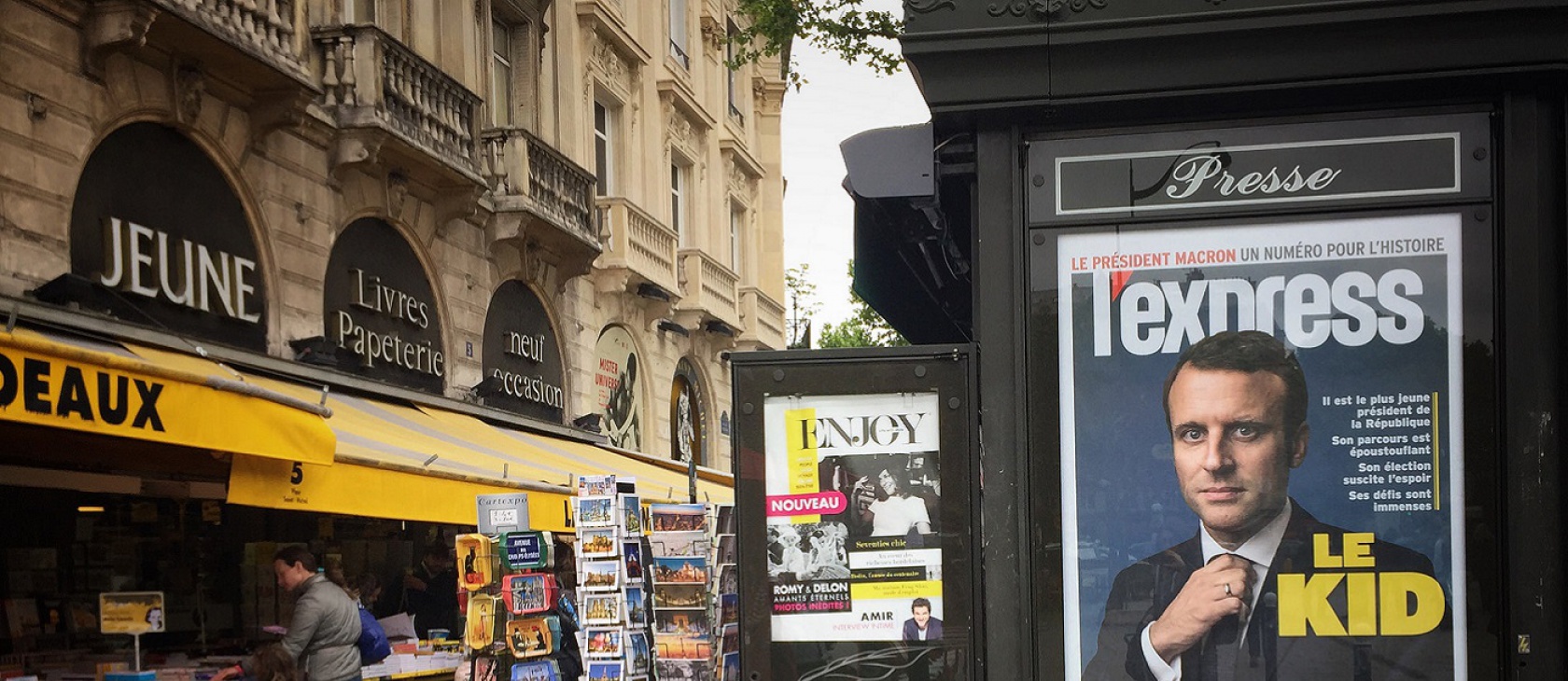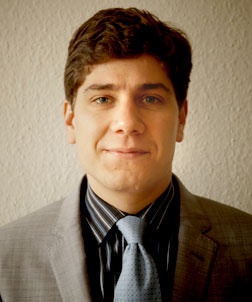As a French humorist adroitly put it, "The French don’t like change; they like what’s new." President-elect Emmanuel Macron’s landslide victory in yesterday’s French presidential elections brought that phrase to mind. Macron is young, attractive, and the leader of a brand new party, but he is not a man of change. He embodies continuity while being new to the French political world. That’s too bad for France, which could use a change in direction.
For many French citizens, acts of terror and high unemployment rates are a cause for despair, yet a majority are doing well – or, at least, well enough to avoid revolutionary change. The majority gave up on the false distinction between parties of the Right and Left this election because, in the end, officials from across the spectrum pushed forward the further regimentation of the economy. François Mitterrand, Jacques Chirac, Nicolas Sarkozy, and François Hollande all adjusted our country to the European common market and, by extension, to the will of the European Union’s political leadership in Brussels. As Philippe Séguin, a former French minister for social affairs and employment said once: “Right and Left are retailers going to the same wholesaler, the EU.”
The campaign was disappointing, because it never offered a vision of national purpose. The candidates scarcely offered anything deeper than comments about currency exchange policy, eleventh-hour endorsements from abroad, or the salaries of (real or imagined) parliamentary assistants. While Macron’s speeches would sometimes last for hours, it was impossible to extract their main ideas. Here is one example from a speech he delivered in Clermont-Ferrand in January:
When everything seems dead, when everything seems sad, when everything seems lost, morose, we must think spring. We must not think spring to marvel, not think spring by stupidity, or by a form of mediocre bliss. But we must think spring because, at the very moment when this desolation settles in nature, something is preparing that is already there. … Thinking spring, my friends, is to reconcile ambition and reality; it is to reconcile the will to do and the constraints of today. And therefore, the project I want to carry with you is a project of common sense, but one in which we are going to tell everyone the truth.
To his credit, he said, “We must first produce in order to be able to distribute.” But much of the speech is inscrutable.
One thing is clear: For the European Union (EU), this election is good news. This is true, not only because Marine Le Pen would have meant the end of this union, but because Macron seeks to strengthen it. It is reasonable to say that the new French president will be pleased to transpose EU directives into national law and to promote the European Commission’s agenda. The first reactions of international leaders in Europe confirm that they expect government from afar to continue apace.
On the other hand, those particularly concerned about the moral, ethical, and philosophical foundations of a free society would deem this election a complete disaster. At no point were the issues of demography, life, family, or freedom of religion and conscience on the political agenda. The only issue contained in these themes that made it to the final debate was surrogacy (and what Macron said was not reassuring). In this respect, the strong movement of demonstrations against redefining marriage in 2013 got no traction for its agenda. An important part of the movement (called Sens Commun) immediately joined François Fillon, whose program aligned well with theirs. After Fillon’s defeat in the first round, movement leaders acknowledged not having even negotiated any concessions from him in the event of his victory. (Fillon was the frontrunner until a financial scandal sidelined him.) They supported him “for free,” as it were. Those concerned about ethical issues of conscience largely backed Fillon, without any preconditions, then made no effort to negotiate with the other candidates who prevailed on April 23. This was obviously a huge mistake.
The election of our new happy-go-lucky, pro-globalist president has many unpredictable implications. First among these is the coming legislative election. Usually the French president-elect wins a majority of seats in Parliament, but it might be different this time. Some socialists are ready to join Macron’s government, but Macron's En Marche political movement - which is barely a year old - will likely not hold the full sway of power, requiring a coalition government. Secondly, the remaining parties will have to accommodate themselves to a new and unfamiliar political environment, at least from a structural point of view.
Third, is the question of how long Macron will enjoy a “state of grace,” as François Mitterrand called it. (In America, it is known as the “honeymoon period.”) That delightful time of unity has grown shorter and shorter from one president to the next. And it was very short for François Hollande.
To realize the potential for dissent, consider that almost 34 percent of those who designated a candidate on their ballots voted for Marine Le Pen, who is still wildly controversial. It’s not just that they preferred her over Macron but that they were ready to vote for her in order to avoid him. On the Left, especially for those who voted for hard-Left candidate Jean-Luc Mélenchon during the first round of the French presidential elections on April 23 (almost 20 percent), the picture doesn’t get better. They abstained or turned in a blank ballot on a massive scale. Another 40 percent of those who voted for Macron did so to avoid voting for Le Pen, but they are far removed from supporting Macron’s program.
The voters from the Left will be an obstacle for the new president as soon as he tries to reform the economy and public services as he outlined, by increasing the value-added tax (VAT), altering the social charges (CSG) taxation plan, deregulating some professions, allowing more flexibility for job contracts, or reducing the number of public employees.
In the end, it is difficult to say exactly what Macron will try, much less be able, to do, since he studiously refused to describe the measures he intends to take in detail. We merely know that he will gather people of good will to embrace a new project, “where each and every one can take back their own place.”
But it impossible to tell at this point whether that place will be a move forward, backward, or in place.
(Photo credit: Lorie Schaull. This photo has been cropped. CC BY-SA 2.0.)




